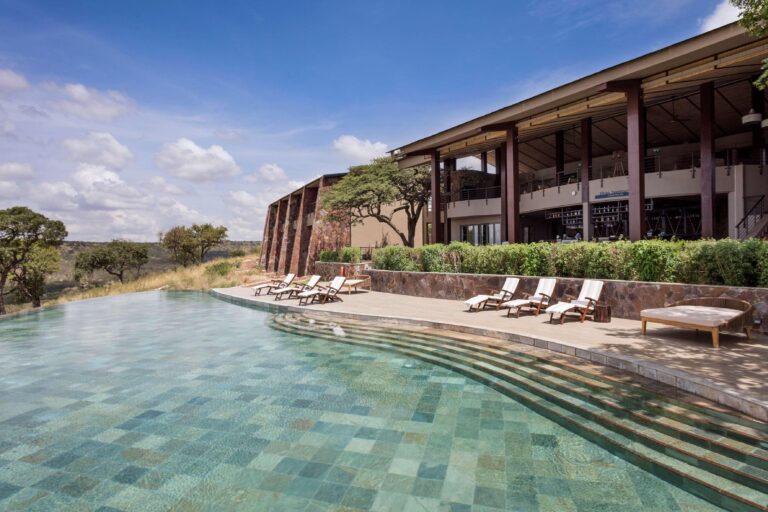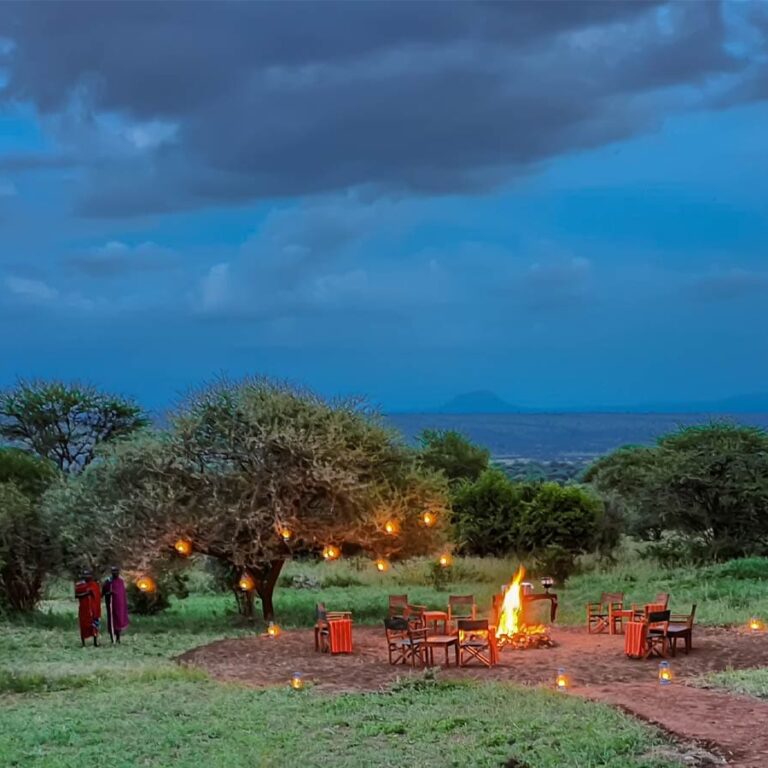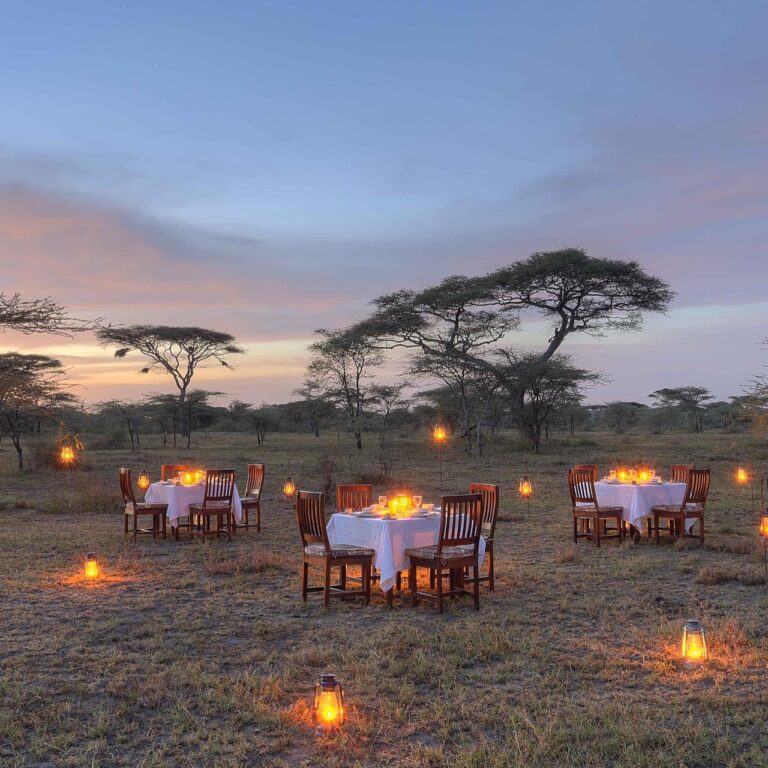Vaccinations For Kilimanjaro– Recommended Health Advice For Kili.
Embarking on the journey to conquer Mount Kilimanjaro requires meticulous planning, and one of the most critical aspects of preparation is making your health is prevent against potential risks. Vaccinations play a pivotal role in this, protect you from various diseases that can be faces in the unique environment of Kilimanjaro. In this comprehensive guide, we’ll delve into the essential vaccinations you need for a safe and rewarding climb, accompanied by frequently asked questions to address your concerns. Book Your Kilimanjaro Vacation Trip Now.
1. Routine Vaccinations: Immunizations before your trip to Tanzania
Before we dive into the certain, it’s essential to confirm that your routine vaccinations are up-to-date. These include vaccines for measles, mumps, rubella, diphtheria, tetanus, pertussis, and influenza. Keeping these vaccinations current provides a foundational level of protection against common diseases, ensuring you start your Kilimanjaro adventure on a healthy note.
2. Yellow Fever Vaccine: Vaccinations For Tanzania to Climb Kilimanjaro
Tanzania, the country where Kilimanjaro stands tall, is considered a yellow fever-endemic region. To prevent the spread of this potentially severe viral disease, a Yellow Fever vaccination is mandatory for all travelers aged nine months and older entering Tanzania. It’s crucial to receive the vaccine at least ten days before your arrival, sufficient time for immunity to develop. Carry your yellow fever certificate as it may be requested at immigration points.
3. Hepatitis A and B: Vaccinations and Health Measures for Tanzania Travel
Hepatitis A is a waterborne virus that can be contracted through contaminated food and water. Given the remote nature of Kilimanjaro, where access to medical facilities may be limited, getting vaccinated against Hepatitis A is essential. Additionally, Hepatitis B, a blood and body fluid-borne virus, is recommended, especially if your trek involves activities that might expose you to these fluids. These vaccines offer a layer of protection against these potentially serious infections.
4. Typhoid Vaccine: Recommended Kilimanjaro Vaccinations
Typhoid is another waterborne disease prevalent in many developing countries. While on the trek, you may encounter local food and water sources, making the Typhoid vaccine a crucial preventive measure against this bacterial infection.
5. Meningitis Vaccine: Vaccinations For Tanzania to Climb Kilimanjaro
Certain regions in Africa, including Tanzania, fall within the meningitis belt, where meningococcal meningitis is more common. While the risk may be lower at higher altitudes, it’s advisable to consult with your healthcare provider about the meningitis vaccine, especially if your trek includes visits to lower elevations. This precaution ensures protection against a potentially serious bacterial infection.
6. Rabies Vaccine: Recommended Vaccinations & Medications
Although the risk of encountering rabid animals on Kilimanjaro is low, it’s wise to consider a rabies vaccine, especially if your trip involves extended stays in Tanzania or other parts of Africa. This vaccine is crucial in case of potential exposure to animals, as post-exposure treatment may be challenging to access during the climb. It provides a safety net against a disease that can have severe consequences if contracted.
7. Polio Vaccine: Travel Vaccines and Advice for Tanzania
While polio is not a significant risk in Tanzania, your polio vaccination is up-to-date contributes to global efforts to eradicate the disease. This preventive measure not only protects you but also aids in preventing the potential spread of polio. It’s a small yet significant step in contributing to global health initiatives.
8. Influenza Vaccine: Health & Vaccinations for Kilimanjaro
Depending on the time of year you plan to climb Kilimanjaro, getting the seasonal influenza vaccine is advisable. Crowded airports, flights, and other public spaces increase the risk of exposure to respiratory illnesses, which can impact your ability to acclimatize to the altitude. The Influenza vaccine provides an additional layer of protection against seasonal flu, ensuring you are in the best possible health for your ascent.
Frequently Asked Questions (FAQs) About Vaccinations for Kilimanjaro:
Vaccinations For Kilimanjaro is one of the most effective ways to prevent diseases while Climbing Mount Kilimanjaro. A vaccine helps the body’s immune system to recognize and fight pathogens like viruses or bacteria, which then keeps us safe from the diseases they cause. Vaccines protect against more than 25 debilitating or life-threatening diseases, including measles, polio, tetanus, diphtheria, tetanus, typhoid and more.
What vaccinations are recommended for travelers to Kilimanjaro?
The recommended vaccinations for Kilimanjaro include Hepatitis A and B, Typhoid, Yellow Fever, and routine vaccines such as MMR (Measles, Mumps, Rubella), DTP (Diphtheria, Tetanus, Pertussis), and influenza.
Is Yellow Fever vaccination mandatory for Kilimanjaro?
Yes, a Yellow Fever vaccination is mandatory for all travelers to Kilimanjaro. Proof of vaccination may be required for entry into Tanzania.
When should I get vaccinated before traveling to Kilimanjaro?
It’s advisable to start the vaccination process at least 4-6 weeks before your departure. Some vaccines may require multiple doses or take time to become effective.
Are there any specific health risks on Kilimanjaro that require additional vaccinations?
Altitude sickness is a concern on Kilimanjaro. Not prevented by dose. However, you may consider consulting a healthcare professional for altitude sickness prevention and treatment.
Do I need a malaria vaccine for Kilimanjaro?
While there is no malaria vaccine, it’s highly suggestion to take antimalarial medications. Consult with a healthcare professional to determine the most suitable medication for your trip.
Are there any specific health precautions for high altitudes on Kilimanjaro?
Altitude-related illnesses can be a concern. Adequate acclimatization, proper hydration, and a slow ascent are crucial. Consult with your healthcare provider for advice on altitude sickness prevention.
Are there age restrictions for any specific vaccinations for Kilimanjaro?
Age restrictions can vary for different vaccines. Some dose may not be suitable for young children or the elderly. Consult with your healthcare provider for indiv advice.
How long does immunity last after receiving vaccinations for Kilimanjaro?
The time of immunity varies for each vaccine. Some dose provide long-term immunity, while others may require booster shots. Check with your healthcare provider for specific information.
Can I get vaccinated for Kilimanjaro at a travel clinic or my regular healthcare provider?
Both travel clinics and regular healthcare providers can administer dose for Kilimanjaro. Ensure that you discuss your travel plans well in advance to receive appropriate recommendations.
The course of treatment for Larium should begin 3 weeks before potential exposure to the Anopheles mosquito. A prescription is required. 10 tablets should cost around £25.
What should I do if I have pre-existing health conditions or allergies?
Inform your healthcare provider about any pre-existing health conditions or allergies before getting vaccinated. They can provide guidance on the suitability of dose based on your individual health status.
Do I need any vaccinations to get into Tanzania?
There are no specific vaccine requirements needed to enter Tanzania from the United States. However, be aware that the government of Tanzania requires proof of yellow fever vaccination. This is due upon arrival if you are traveling from a country with a risk of yellow fever. If you fly directly from the United States to Tanzania (including layovers in which you do not exit the airport) you will not need the yellow fever vaccine. However, if you are arriving from a country listed here, you will need the yellow fever vaccine.
Conclusion: Recommended Vaccinations for Kilimanjaro.
Ensuring you have the necessary dose before climbing Kilimanjaro is a fundamental aspect of your preparations. These vaccines not only protect you from potential health risks but also contribute to the overall well-being of the local and global communities. Consult with your healthcare provider well in advance of your journey, as some vaccines may require multiple doses or time to become effective. Safe travels!








